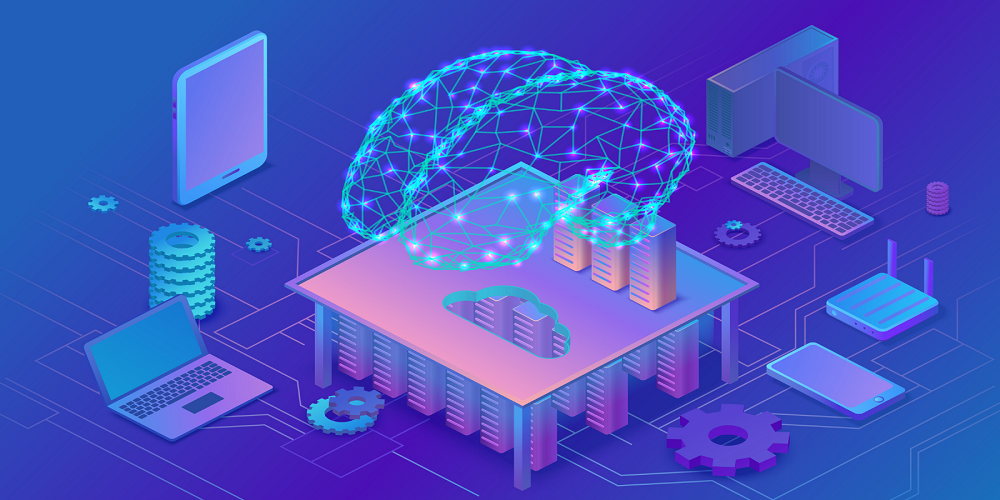Introduction
OpenAI, a leading artificial intelligence research laboratory, has been at the forefront of revolutionizing the field of AI. Founded in 2015, OpenAI aims to ensure that artificial general intelligence (AGI) benefits all of humanity. Through its research, publications, and projects, OpenAI has made significant contributions to advancing the capabilities and ethical considerations of AI technologies.
Advancements in AI Research
OpenAI’s research efforts have led to groundbreaking advancements in the field of AI. One of the key areas of focus for OpenAI has been reinforcement learning, a technique that enables AI systems to learn and improve through trial and error. Through its research in this area, OpenAI has developed AI models that have achieved remarkable performance in complex tasks such as playing video games and solving optimization problems.
Additionally, OpenAI has been instrumental in the development of cutting-edge natural language processing (NLP) models. Its GPT (Generative Pre-trained Transformer) series of models have set new benchmarks in language understanding and generation. These models have been widely adopted in various applications, including chatbots, content generation, and language translation.
Open-Source Contributions
One of the key pillars of OpenAI’s mission is to promote collaboration and knowledge sharing in the field of AI. To this end, OpenAI has made significant contributions to the open-source community by releasing research papers, code implementations, and pre-trained models for public use. By making its work accessible to the broader AI community, OpenAI has accelerated the pace of innovation and inspired new research directions.
OpenAI’s decision to open-source its research has also fostered transparency and accountability in the development of AI technologies. By encouraging scrutiny and feedback from the community, OpenAI ensures that its research adheres to ethical standards and addresses societal concerns related to AI safety and fairness.
Ethical Considerations
As AI technologies become increasingly pervasive in society, ethical considerations have become a central focus of discussions surrounding AI development. OpenAI has been proactive in addressing ethical challenges and promoting responsible AI practices. The organization has published research on AI alignment, bias mitigation, and interpretability, highlighting the importance of designing AI systems that are safe, fair, and transparent.
OpenAI’s commitment to ethical AI is exemplified by its decision to withhold the release of certain AI models due to concerns about their potential misuse. By prioritizing the societal impact of its research, OpenAI sets a precedent for ethical AI development that prioritizes human well-being and safety.
Applications of OpenAI Technologies
The impact of OpenAI’s research extends across a wide range of applications and industries. OpenAI’s language models, such as GPT-3, have been integrated into various products and services to enhance user experiences and productivity. These models power chatbots, content recommendation systems, and automated writing tools, enabling new possibilities for human-AI collaboration.
Moreover, OpenAI’s reinforcement learning algorithms have been applied to robotics, healthcare, and finance, among other domains, to optimize processes, improve decision-making, and drive innovation. By leveraging OpenAI’s technologies, organizations can unlock new opportunities for automation, personalization, and efficiency in their operations.
Future Directions
As OpenAI continues to push the boundaries of AI research, the organization remains committed to its vision of creating beneficial AGI for all. Looking ahead, OpenAI is likely to focus on addressing challenges related to AI safety, scalability, and generalization. By developing robust AI systems that can adapt to diverse environments and tasks, OpenAI aims to lay the groundwork for the next generation of intelligent machines.
Additionally, OpenAI will continue to advocate for ethical AI principles and collaborate with stakeholders to shape the future of AI governance and policy. Through its research, partnerships, and advocacy efforts, OpenAI is poised to drive the evolution of AI technologies in a direction that is aligned with human values and aspirations.
In conclusion, OpenAI’s contributions to the field of artificial intelligence have been transformative, shaping the way we perceive, develop, and deploy AI technologies. By embracing openness, ethics, and innovation, OpenAI has set a precedent for responsible AI research that prioritizes the well-being of society. As we move forward into an era defined by intelligent machines, OpenAI’s vision and work serve as a guiding light for the future of AI.

